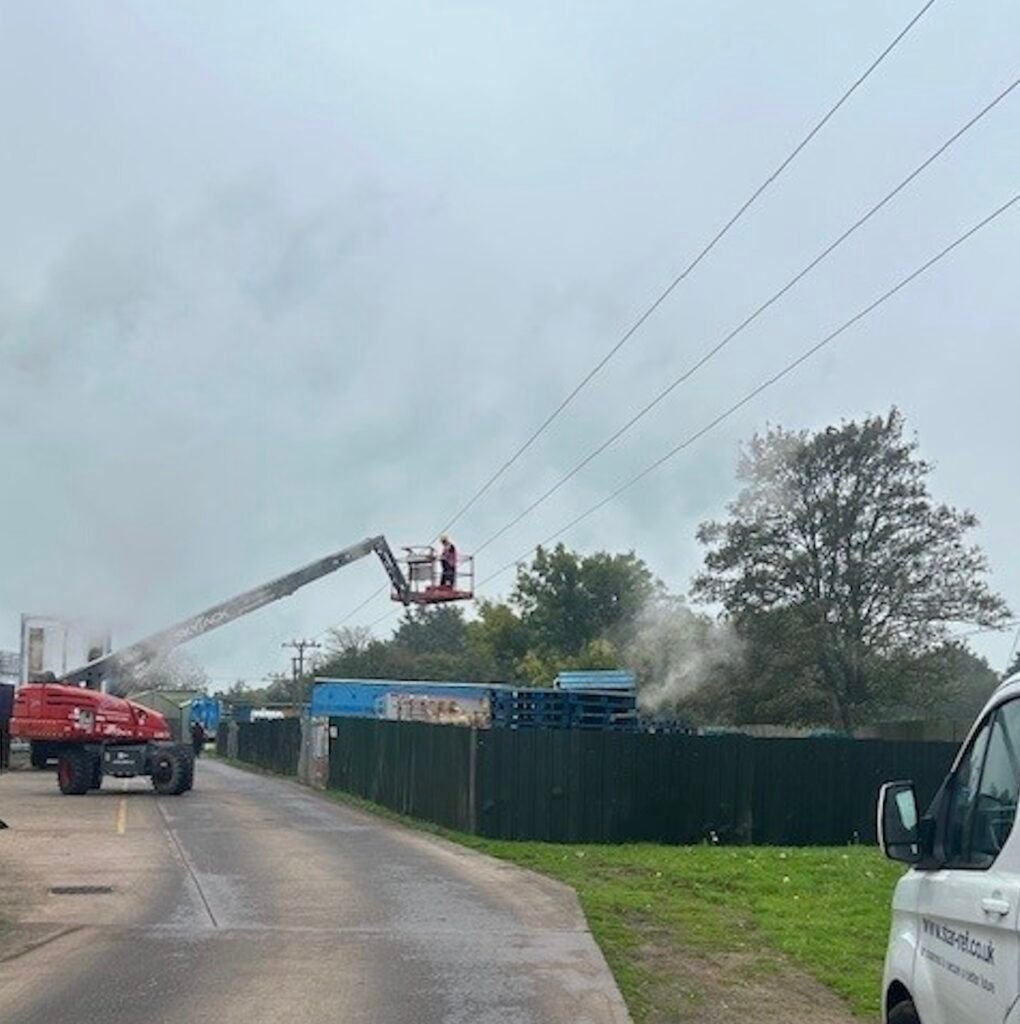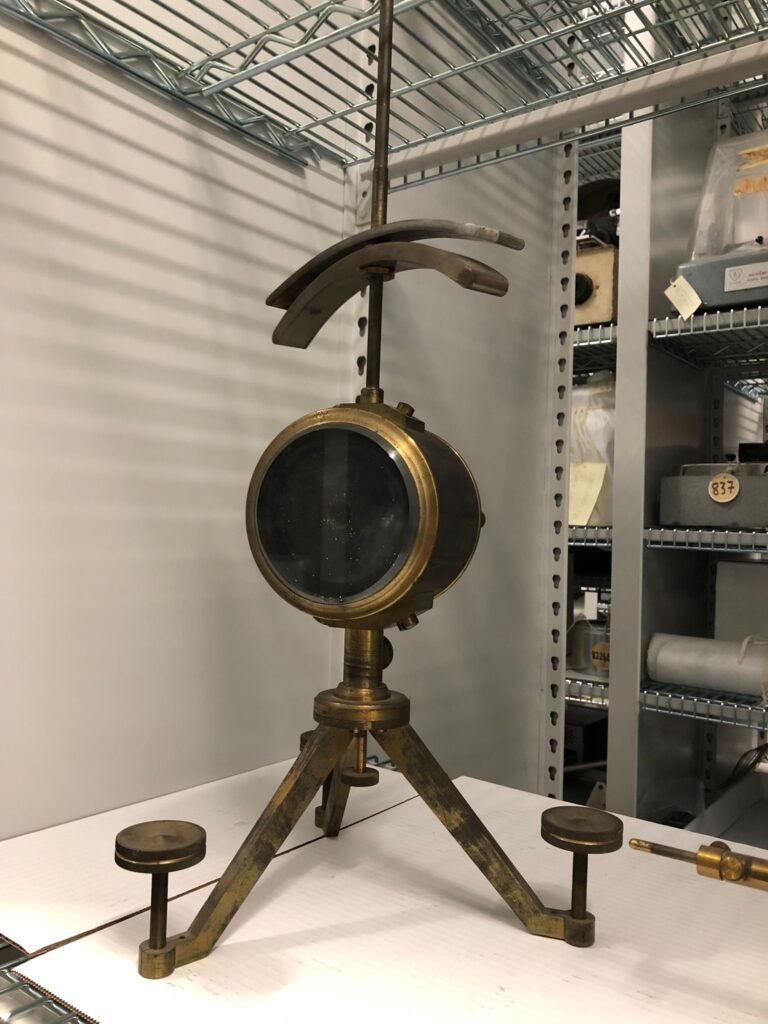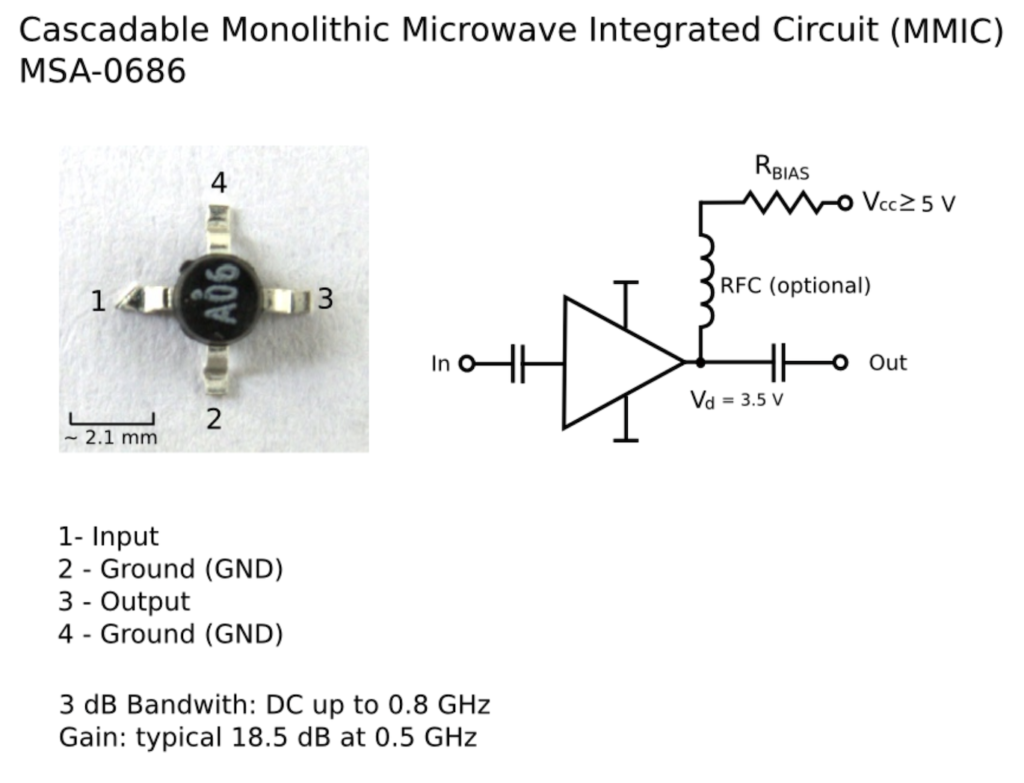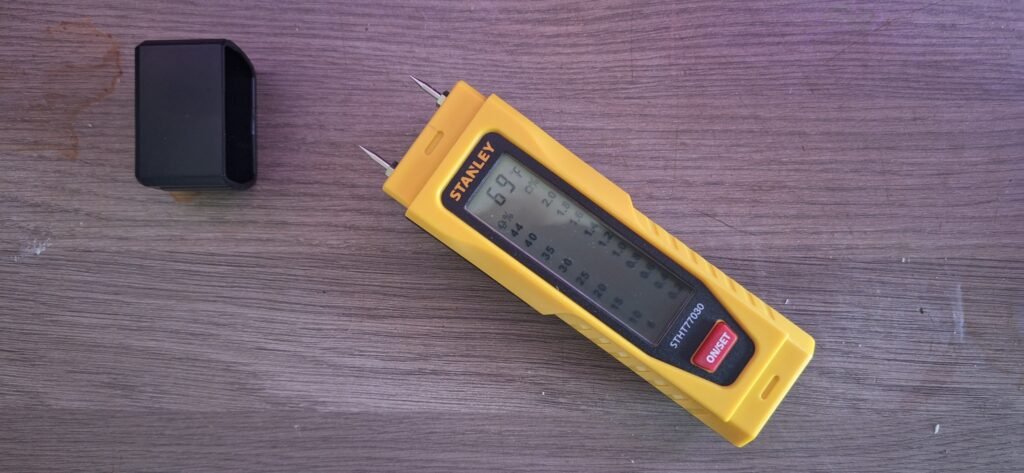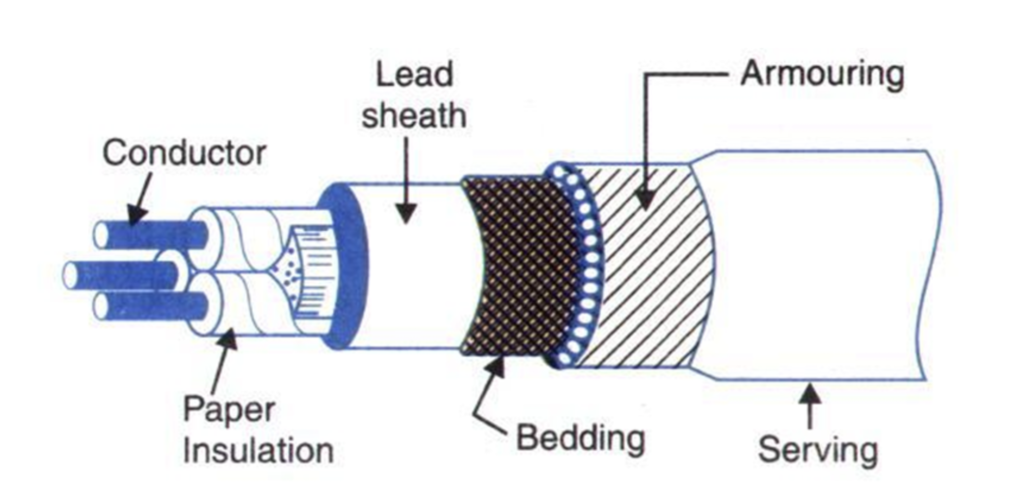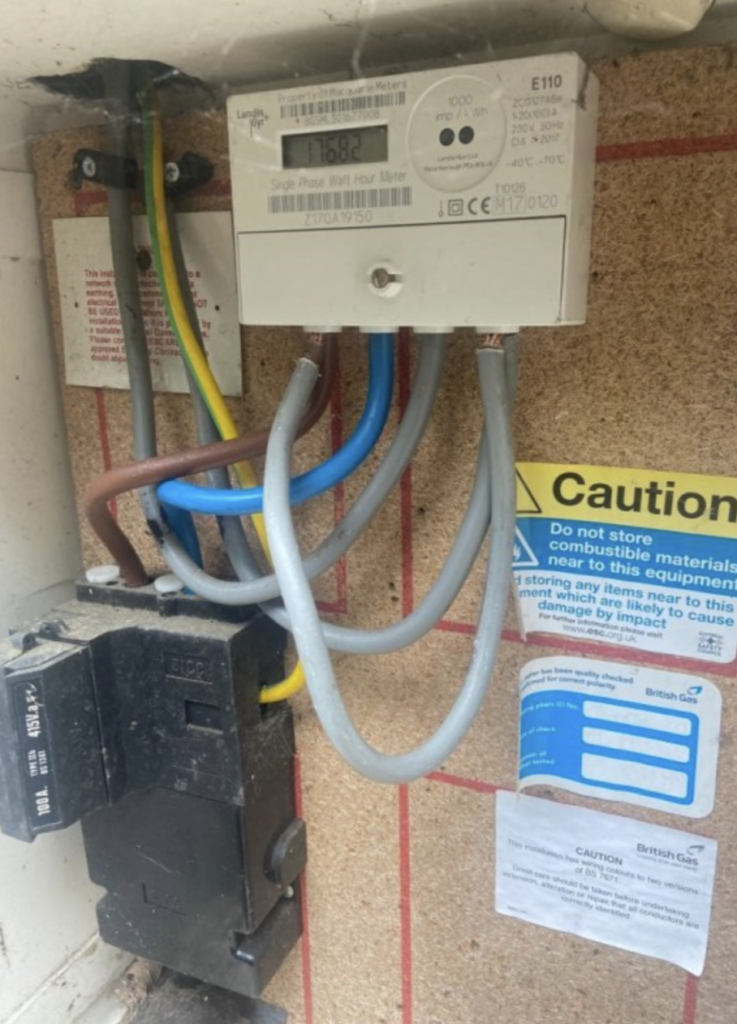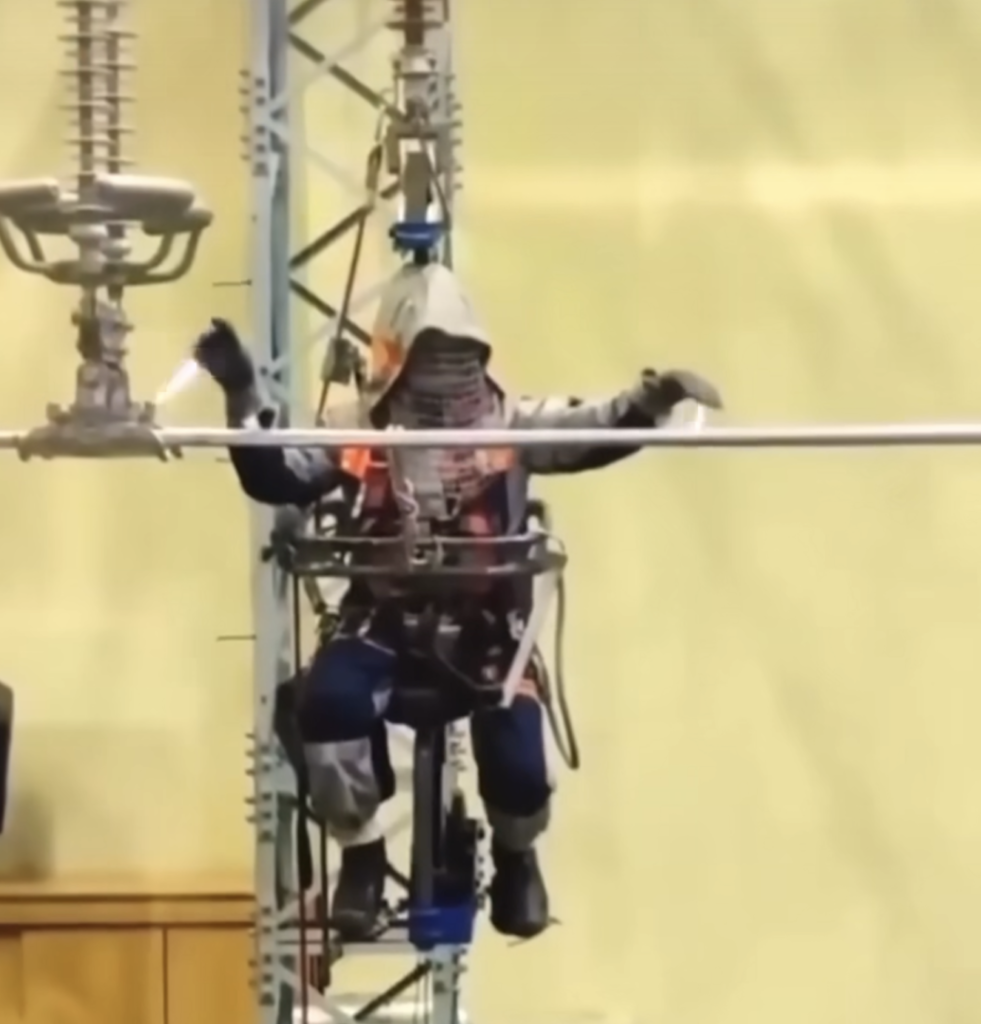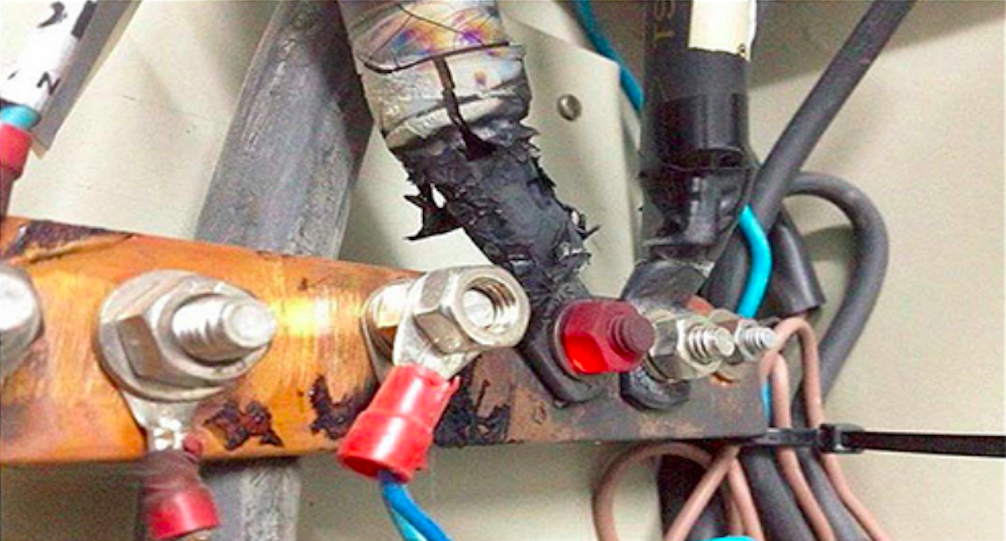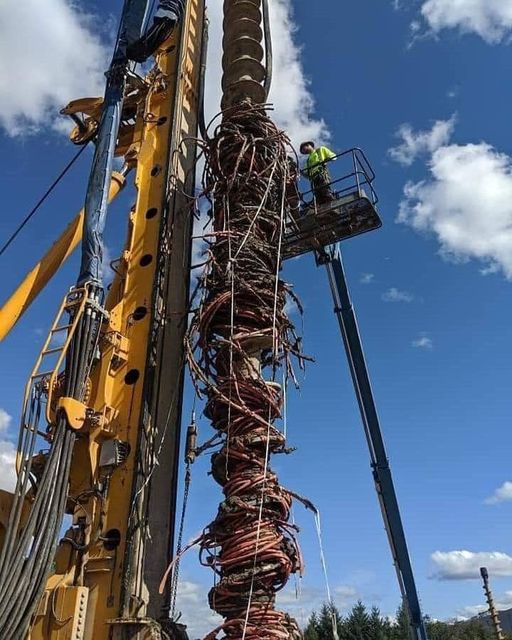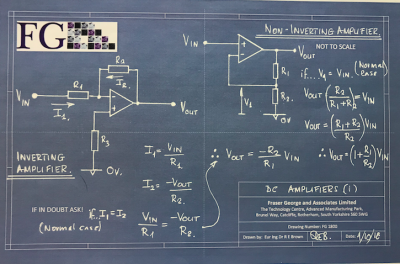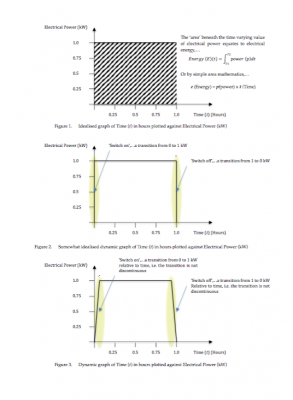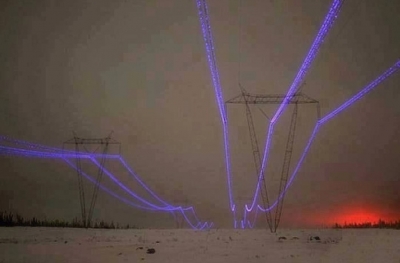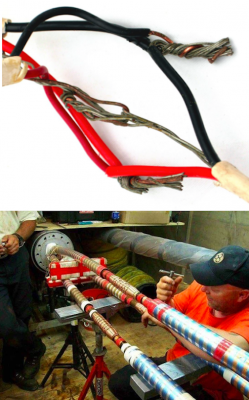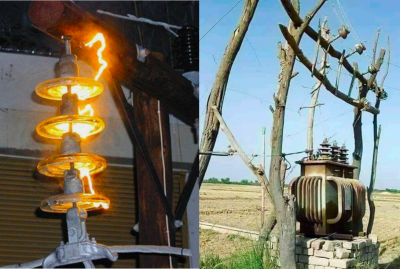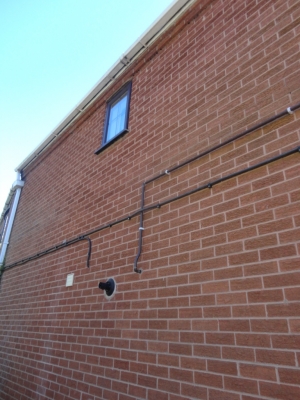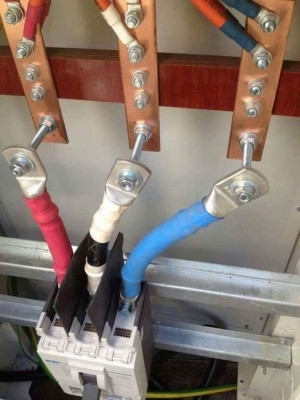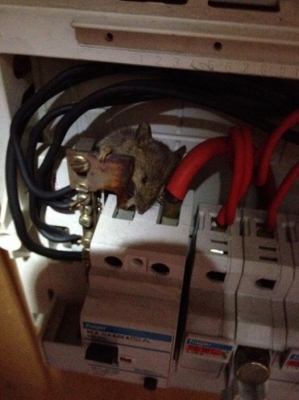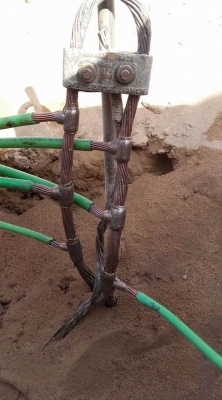Eur Ing Dr Robert Brown is a professional expert witness acting in the fields of electrical, electronic and control engineering. Here Dr Brown discuses some fundamental electrical subjects, …
Electrical Garden Tools
Should I use some sort of electrical safety device and if so what ? What could happen if I don’t use an electrical safety device?
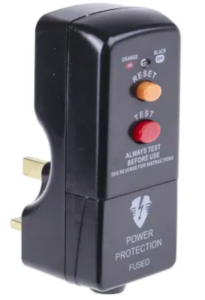
May I suggest that we all understand the dangers of electricity? So, when using electrically powered garden tools such as lawn mowers, strimmer’s, hedge cutters etc., we expose ourselves to the potential dangers of electricity.
The garden tool most normally has a plastic outer shell, obviously to present an aesthetic, pleasing appearance yet also to provide a robust, light, outer casing, but also to provide some immunity from the dangers of electricity present in the inner of the tool, i.e. electrical motor and switches etc.
Further, most generally all electrically powered garden tools are supplied with a length of electrical cable, say about ten (10) meters in length, which coveys electrical energy from an electrical power source, (say a electrical power outlet socket), to the garden tool (the electrical load/appliance).
The key attribute in the design of the garden tool is the use of insulating materials, i.e. plastics, which afford a barrier to prevent electricity (electrical current) from ‘escaping from the inners of the tool and or the cable to ‘earth’, i.e. the ground, terraferma, the soil/lawn etc., on which we stand when using the garden tool. Yet how can the electricity escape?
Electricity will escape if a pathway, a route, a track, is created for the electricity to take. In other words if we present a suitable ‘conductive’ pathway, from the electrical source (A) to the ground, terraferma, the soil/lawn (B) etc., then electricity will ‘flow’ along the path from ‘A’ to ‘B’.
So what constitutes a suitable ‘conductive’ pathway? Well this could be water accidentally sprayed onto the garden tool when in operation, water is a good conductor of electricity.
Moreover and important to understand, is that the pathway could be the human body which fundamentally is but a saltwater container. So, given a bare, exposed copper core of the garden tool cable when accidentally touched by a human hand, the human body will conduct the electricity from source (A) to ground (B) with most likely tragic consequences.
How can we prevent dangerous ‘electrical’ situations, and reduce the risk of harm from electricity when using garden tools? Well we could and should do the following, …
1. Use a portable ‘Residual Current Circuit Breaker’ (RCD), or an ‘Earth Leakage Circuit Breaker (ELCB)’. Fundamentally, an RCD and ELCB are the same thing and are a electrical protection device which monitors the ‘amount of electricity flowing ‘to’ the garden tool from the electrical source, and the amount of electricity flowing back from the garden tool to the source.
In normal, ‘sound’ circumstances the two (2) electrical quantities should be the same. However, if a pathway has been created and electricity is escaping using the pathway, the two (2) electrical quantities will differ and the RCD /ELCB will operate and isolate, cut off the electricity.
Generally a RCD /ELCD monitors for difference on electricity (electrical current) of thirty thousands of one ampere and ill operate in a matter of thousands of a second. So given the physiological effects of electricity on the human body, a RCD/ELCB will avert potential fatal electrical shock circumstances.
2. Insert an electoral fuse of the correct ‘rating’ in the electrical plug used to connect the garden tool to a standard electrical power source, i.e. a power outlet socket. In general the electrical fuse for the following electrical garden toll should be used, ….
• Lawn mower – 10 Amp
• Strimmer – 5 Amp
• Hedge cutters – 10 Amp
3. Finally a simple visual and tactile check to the electrical cable of the garden tool should be undertaken before the tool is used and logically with the tool disconnected from the electrical supply, i.e. check the length of cable for cracks in the plastic coating of the cable. Check the security of the cable at the point it connects to the plug and to the garden tool.
So in conclusion, to answer the initial questions of this blog, …
• Should I use some sort of electrical safety device and if so what? Yes a RCD or ELCB
• What could happen if I don’t use an electrical safety device? Potentially, death by electrocution.
About Dr Robert Brown:
Eur Ing Dr Robert Brown (Robert) is the Executive Director of Fraser George and Associates Limited and is a Consultant and Forensic Engineer in the fields Electrical Electronic and Control Engineering.
Robert is an accomplished professional Electrical Expert Witness having prepared and presented many court compliant reports and presented oral evidence within the High Court, Crown Courts and County Courts.
Robert is a registered Chartered Electrical Engineer, specialising in the fields are control engineering, parameter data capture and accurate data ‘representation’. Robert graduated from Sheffield Hallam University with a first class honours degree in Electronic Systems and Control Engineering and followed this by completing doctorate research in Electrical Engineering, again at Sheffield Hallam University where Robert undertook research studies in the field of Disintegration and Arcing in Electrical Fuses. Robert is now considered to be a leading world expert in the field of electrical circuit protection systems, the phenomena of electrical fuse operation and the attributes of clearing ‘fault’ electrical current circumstances. Robert has published my pure and applied research studies in peer-refereed journals and at conference.
In his spare time Robert is a Formula 1 motor racing enthusiast and enjoys outdoor activities especially hill walking and scrambling, golf and fishing. Robert is a brass band enthusiast, a tuba player and band manager of Hatfield and Askern Colliery Band. When time allows Robert also enjoys travelling and reading any books associated with travel and popular science.
Robert’s Curriculum Vitae:
https://drive.google.com/file/d/1GihZlqFQgqj2GUvJ6Qyq8C0qUk_ex9K1/view?usp=sharing
Robert’s litigation specialisms:
https://drive.google.com/file/d/1j82-viH_6kWaegdLl_GRRAFcEaHUm0wM/view?usp=sharing
Robert’s case portfolio:
https://drive.google.com/file/d/1xec5cowOe184V7ejCXKtHn8ELGKE0e3d/view?usp=sharing
Robert’s notable cases:
https://drive.google.com/file/d/11VUNbJOadHKOyEoOfY8xTZaAokElJAdH/view?usp=sharing
For further information please contact Robert via;
Email,…robert.brown@frasergeorge.com or robertbrown@robertbrown.uk.com
Tel Land: +44 (0)1777 709175
Tel Mobile: +44 (0) 7976250624
https://www.facebook.com/Fraser.George.Electrical.Expert
https://www.facebook.com/EurIngDrRobertBrown
https://www.linkedin.com/in/consultantrobertbrown
https://www.linkedin.com/company/21539092
Websites: www.frasergeorge.com and www.robertbrown.uk.com
https://frasergeorge.com/contact-us/
#ElectricalExpertWitness, #ElectricalEngineerExpertWitness, #ExpertWitnessElectricalEngineer, #ElectricalExpert, #ElectronicExpertWitness ,#ElectronicExpert, #ElectricalShock, #ElectricalRegulations, #ElectricalStandards, #ElectricalConsultant, #ConsultantElectricalEngineer, #ConsultantEngineer, #ForensicEngineerElectrical, #ForensicElectricalEngineer, #ElectricalRegulationsExpert, #ElectricalStandardsExpert, #ExpertElectricalEngineer,




